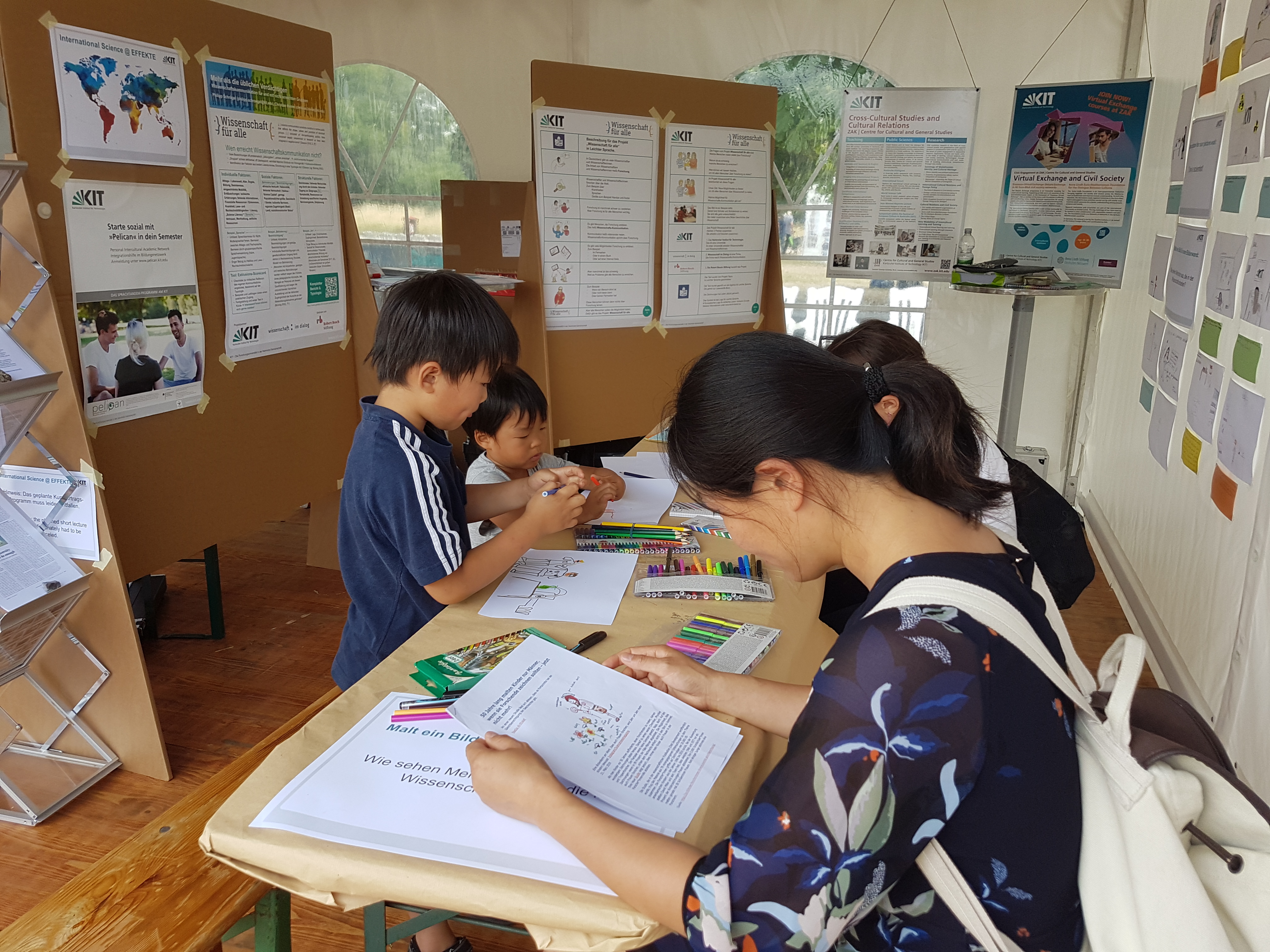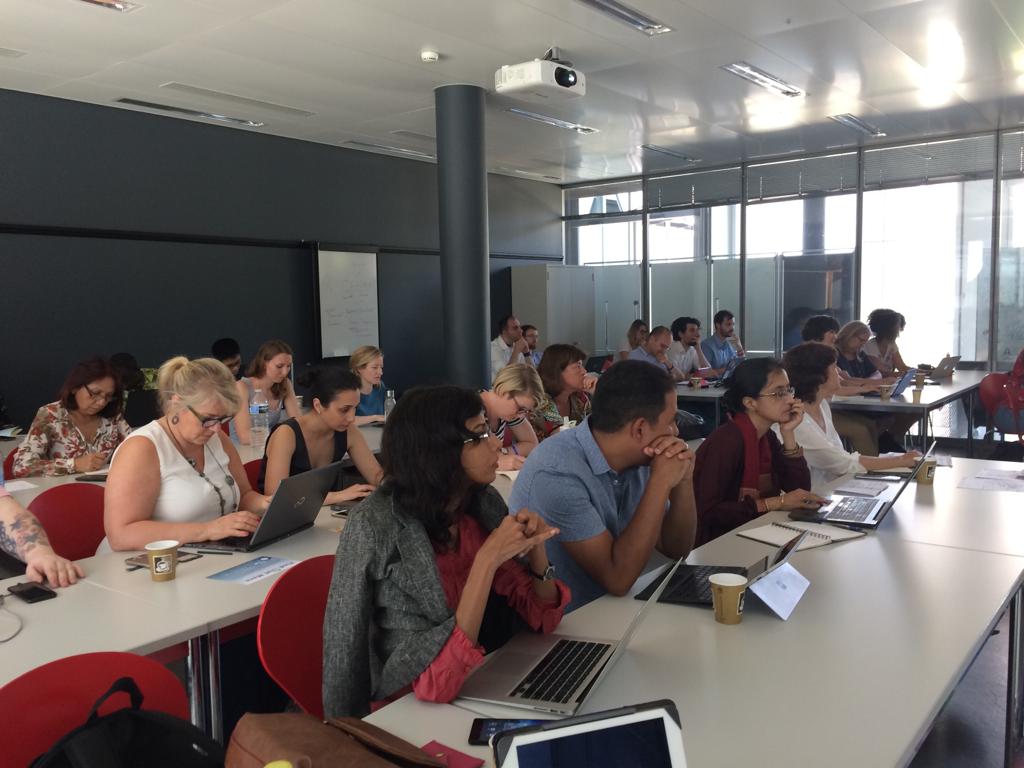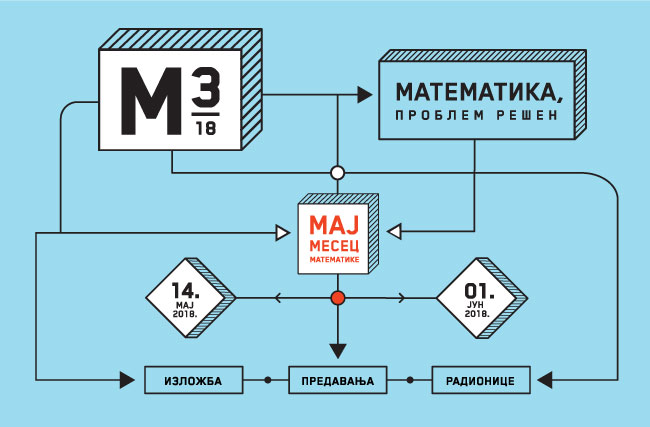As a PhD student studying the Romani people and their perspectives on identity and nationalism, Emily Webb felt a responsibility to make sure that her research reached out to the people she was researching. “For me, it was a very individual journey, where I felt like it was just me and my concerns about research. Not to say that my supervisors weren’t supportive, but there was no one at an institutional level or a doctoral training centre asking, “Have you considered doing this?”
Her comments echo the NUCLEUS RRI & Universities Field Trip report, which noted the tendency for Responsible Research and Innovation (RRI) work to be driven forward by individuals willing to “champion” non-traditional approaches. Now, Webb is supporting the development of recommendations to embed RRI in academic environments through her work with the University of Aberdeen for NUCLEUS.

The University of Aberdeen plays an important role in the NUCLEUS project. While fellow project partners Universities of Bielefeld and Twente are leading studies investigating RRI in academic environments, the University of Aberdeen is focused on capacity-building: understanding the barriers to RRI for societal stakeholders such as policymakers, journalists or citizens, and how these barriers can be overcome.
The work is led by the university’s Public Engagement with Research Unit (PERU), headed by Kenneth Skeldon, which Webb joined as a Public Engagement with Research Coordinator in January 2017. NUCLEUS moved quickly in its first year, and conducted six field trips. These on-the-ground visits were coordinated by Skeldon and PERU Project Officer Heather Doran, with support from partners at Dublin City University and the University of Edinburgh.
Going forward, PERU’s next task will be analysing findings from the field trips, and the ongoing working group meetings, to tease out recommendations from these fact-finding missions. The recommendations will be integrated into the RRI Implementation Roadmap, and prepare the upcoming Nuclei test beds for healthy relationship development between researchers and society.
“One of the next big challenges for NUCLEUS will be taking all the separate data from previous research, field trips, and the ongoing mentoring process, and bringing them together to analyse,” says Webb. The latest steps were taken at the most recent Embedded Nuclei working group meeting, held 14-15 March in Belgrade, Serbia, which involved a review and discussion of the existing findings from previous EU RRI projects. The group discussed recommendations to be incorporated, but also retained a critical eye for gaps that the project can work to close, such as refocusing from gender equality to broader inclusivity and accessibility issues.

Thinking about the project’s goal of embedding RRI in the culture of academic institutions, Emily says, “Without a supportive culture, it really comes down to the individual and how they approach research. In my research, I was always very focused on public engagement and creating networks of stakeholders, but there were other wider elements as well I hadn’t really thought of.” She hopes that with a culture change, future young researchers will be supported, rather than having to go it alone. “To see that there are projects wanting this institutional change, to me, is very encouraging.”


